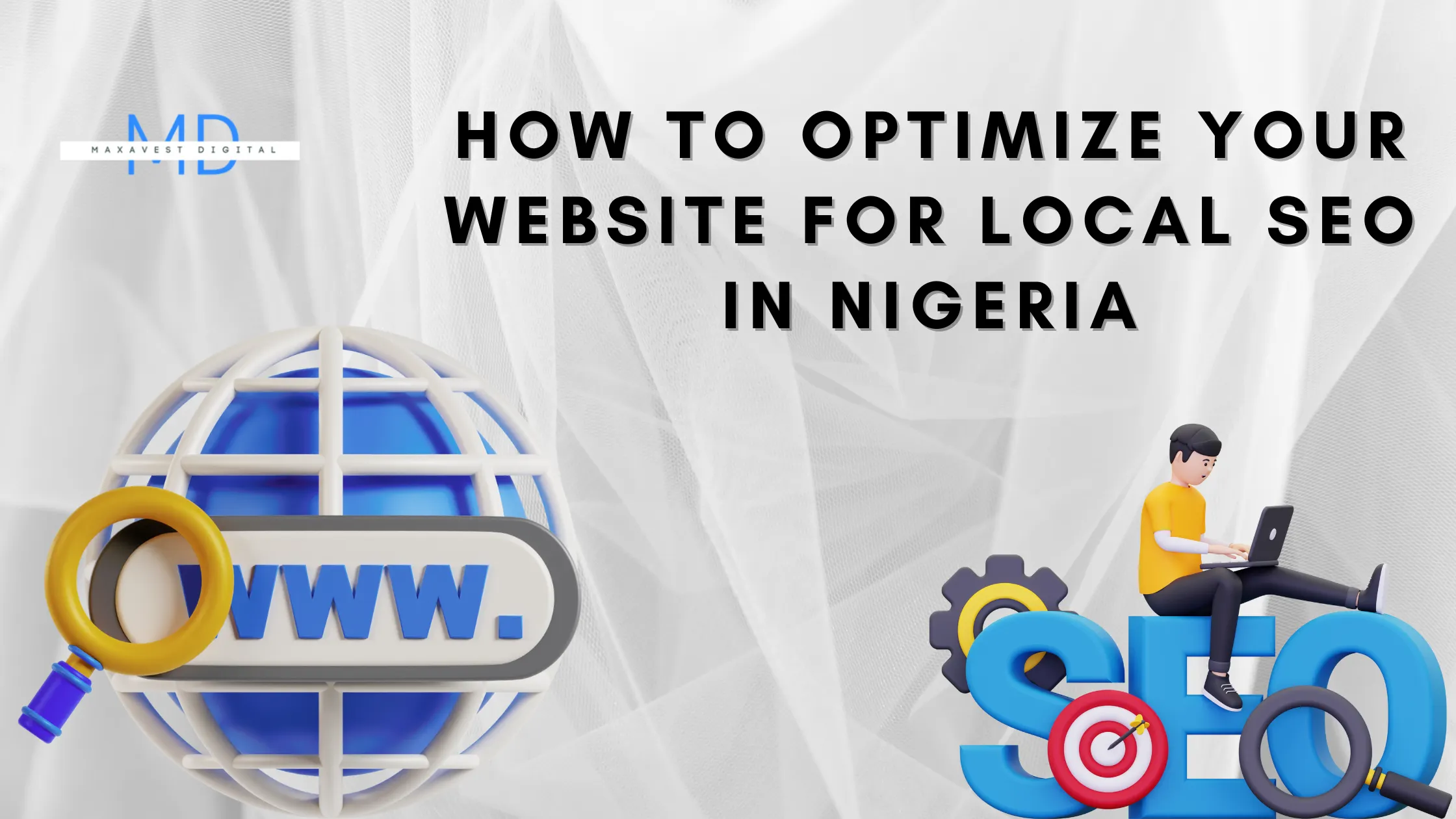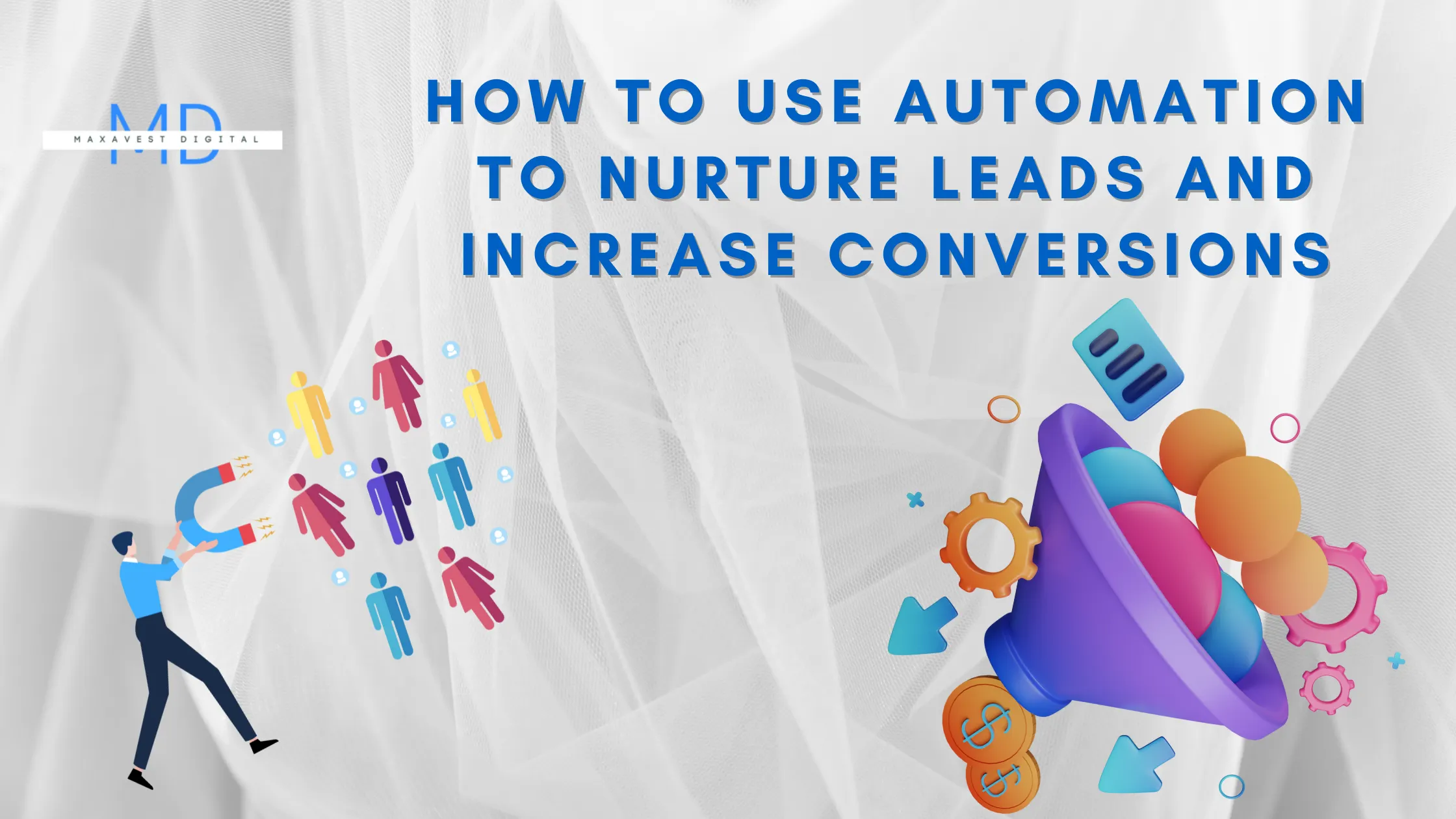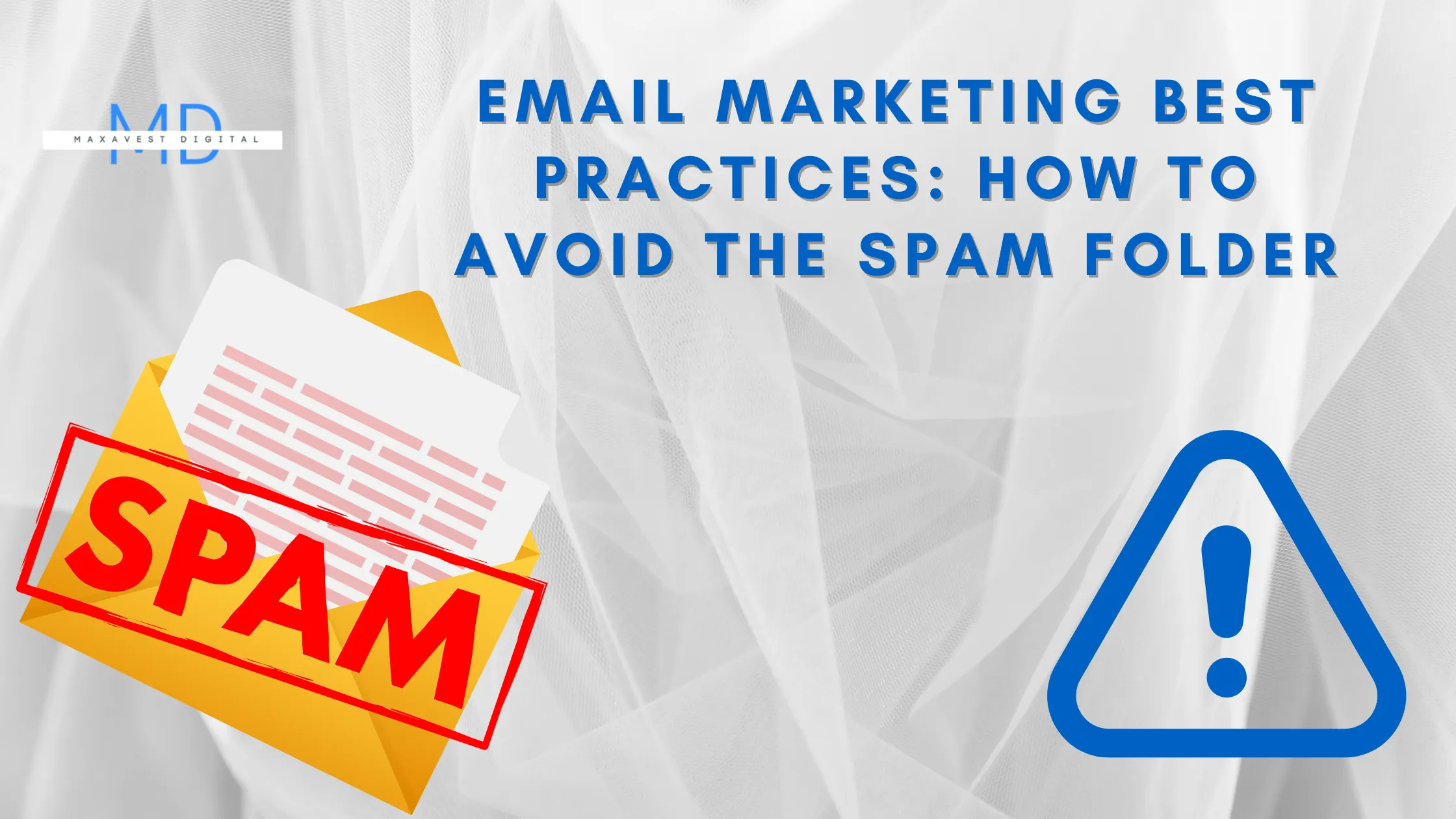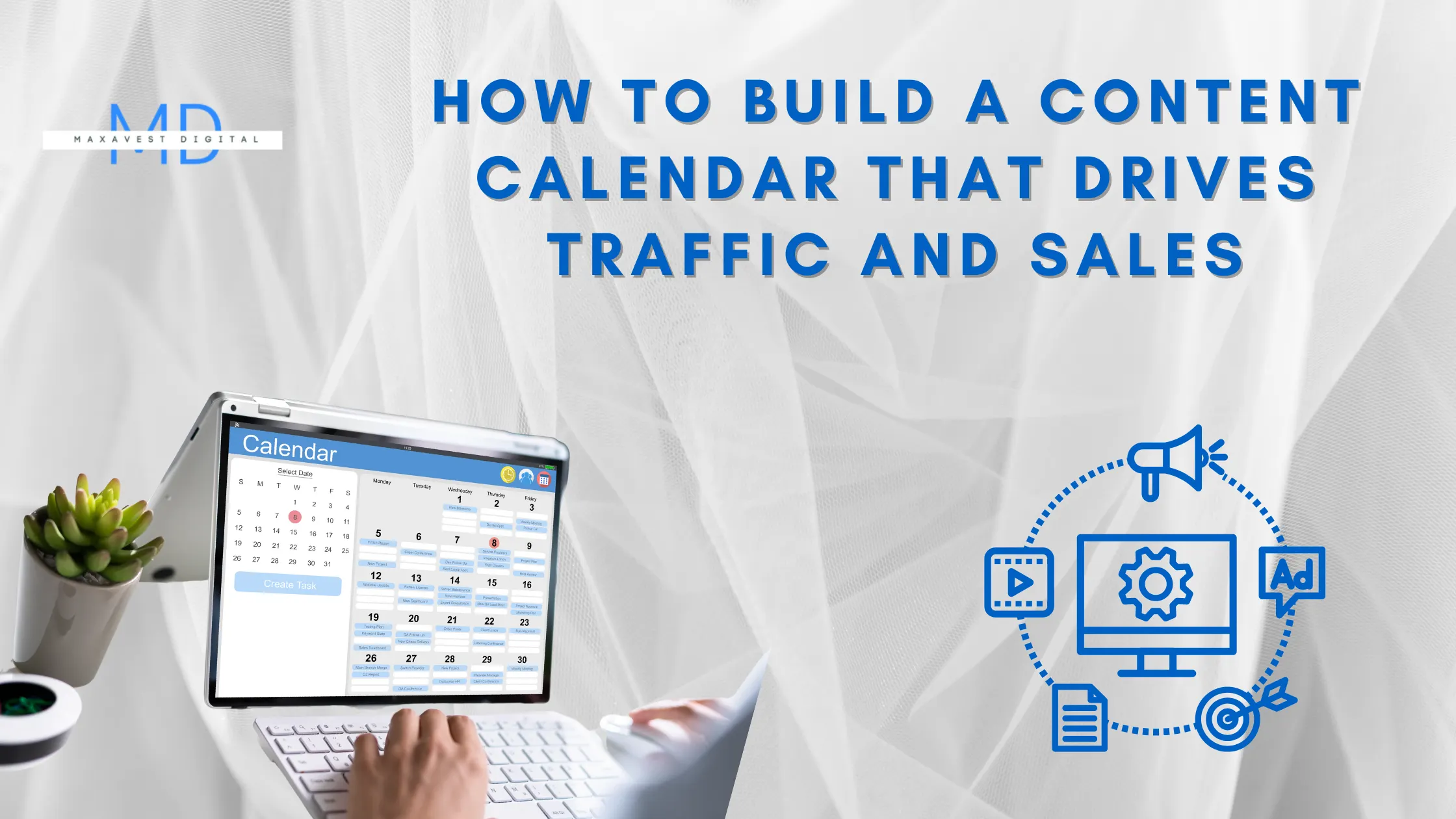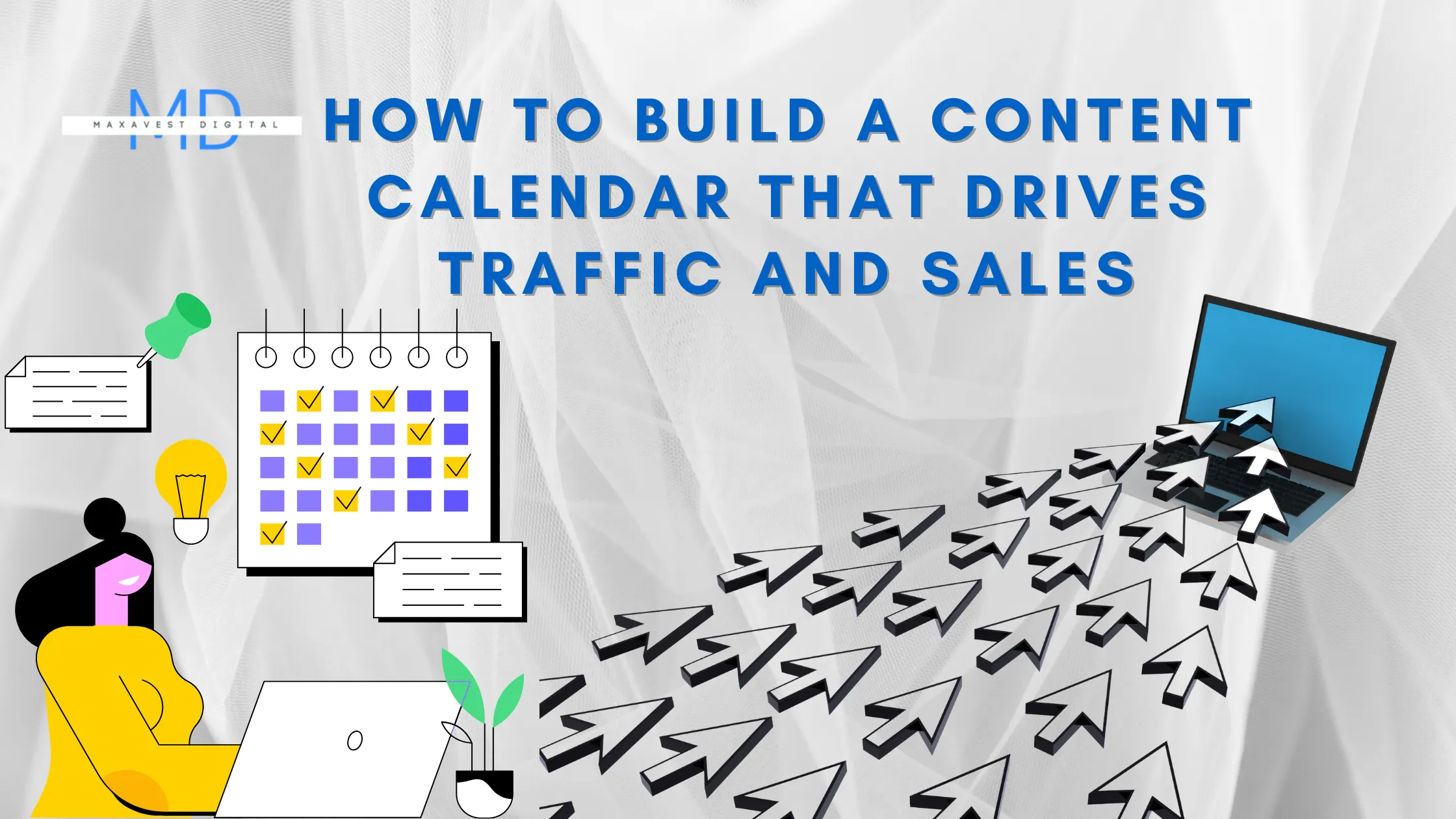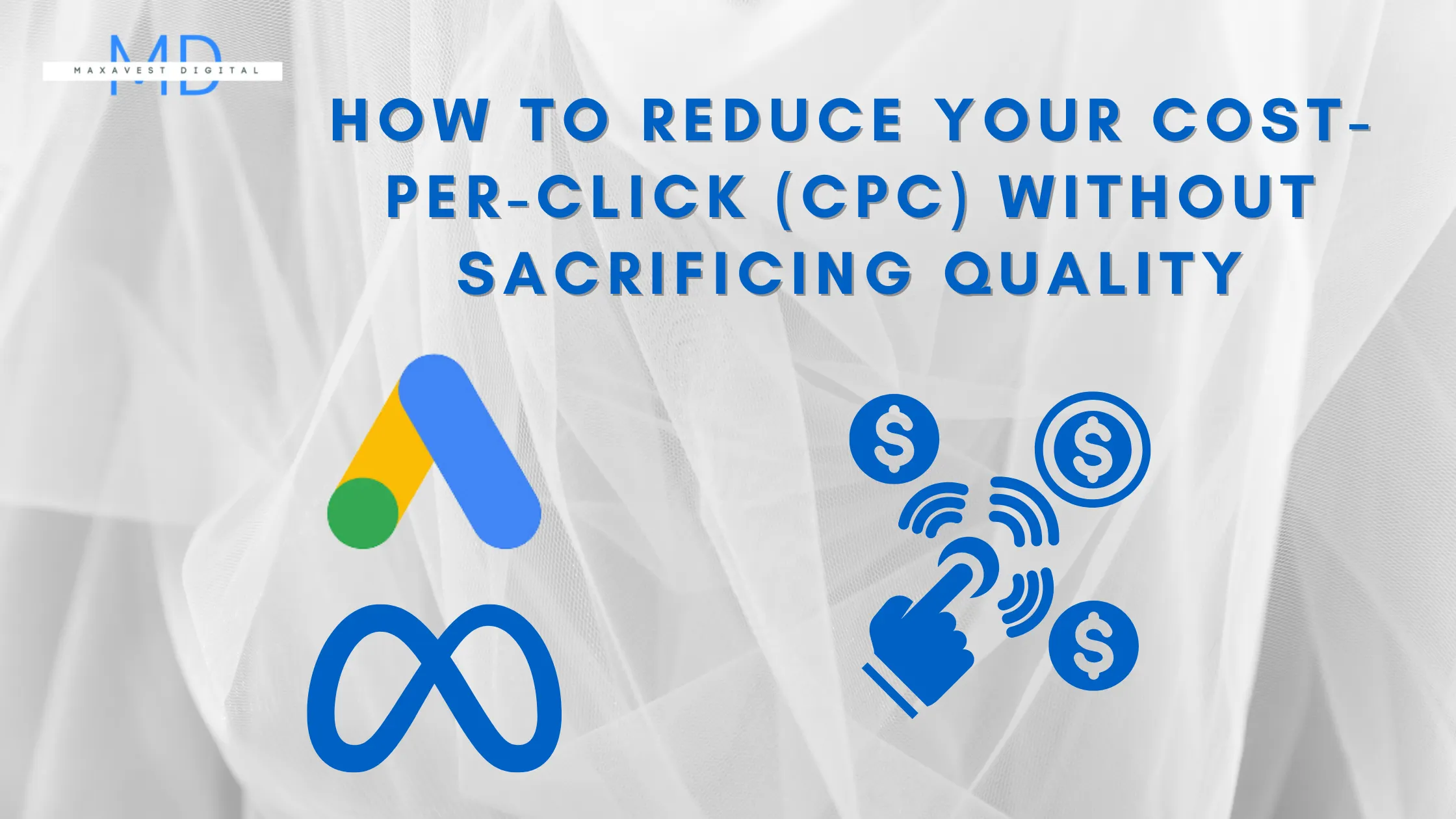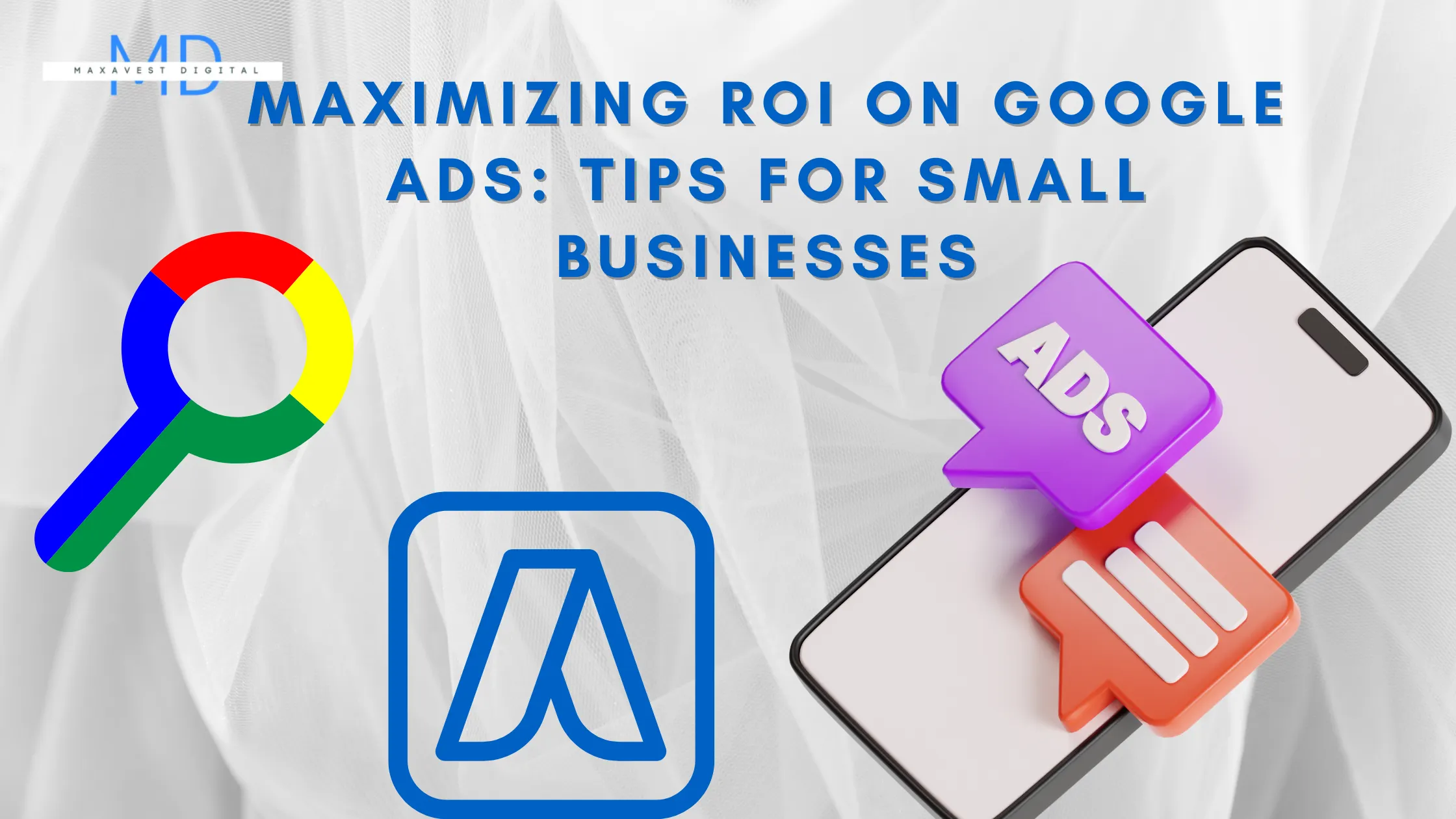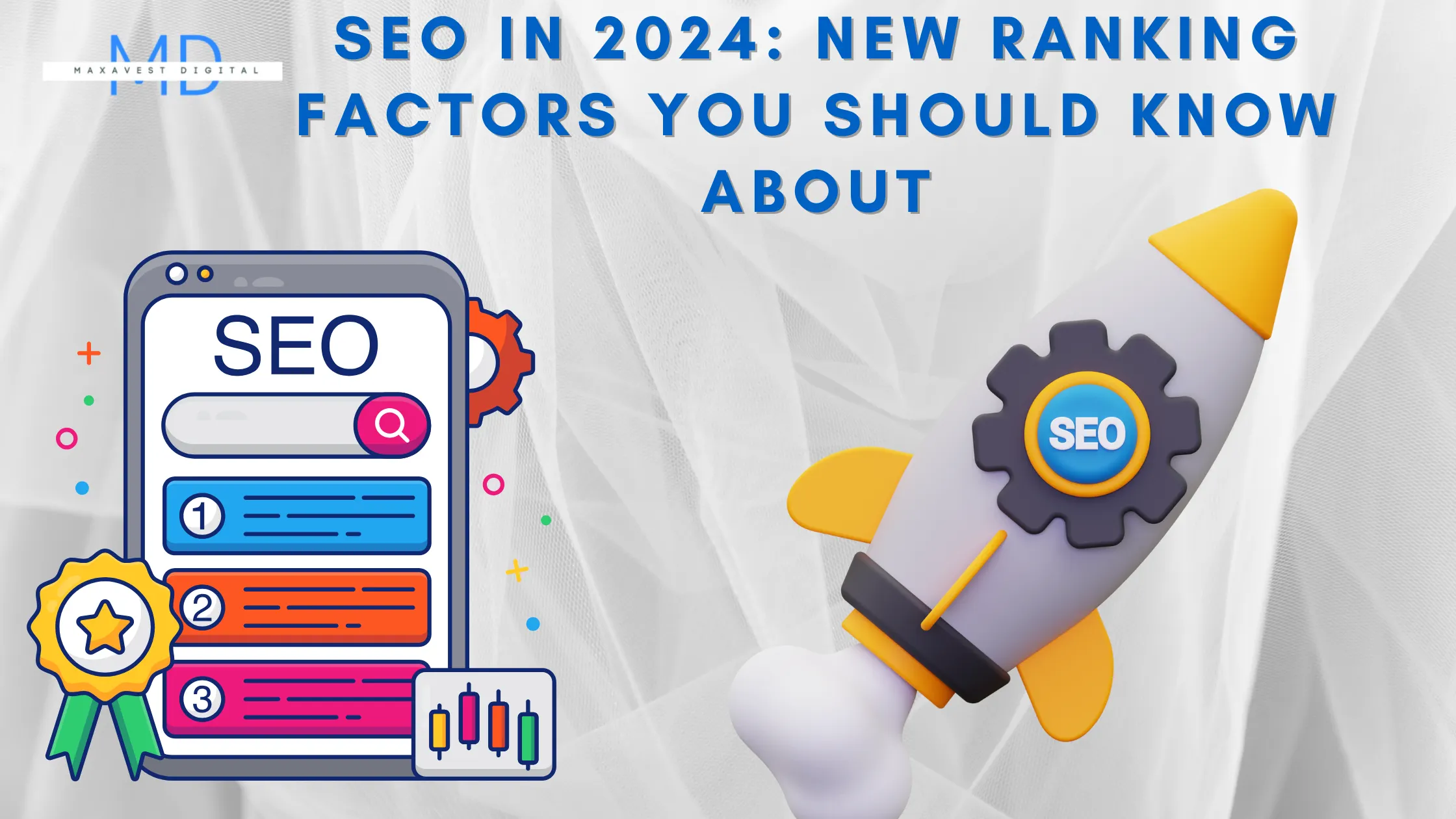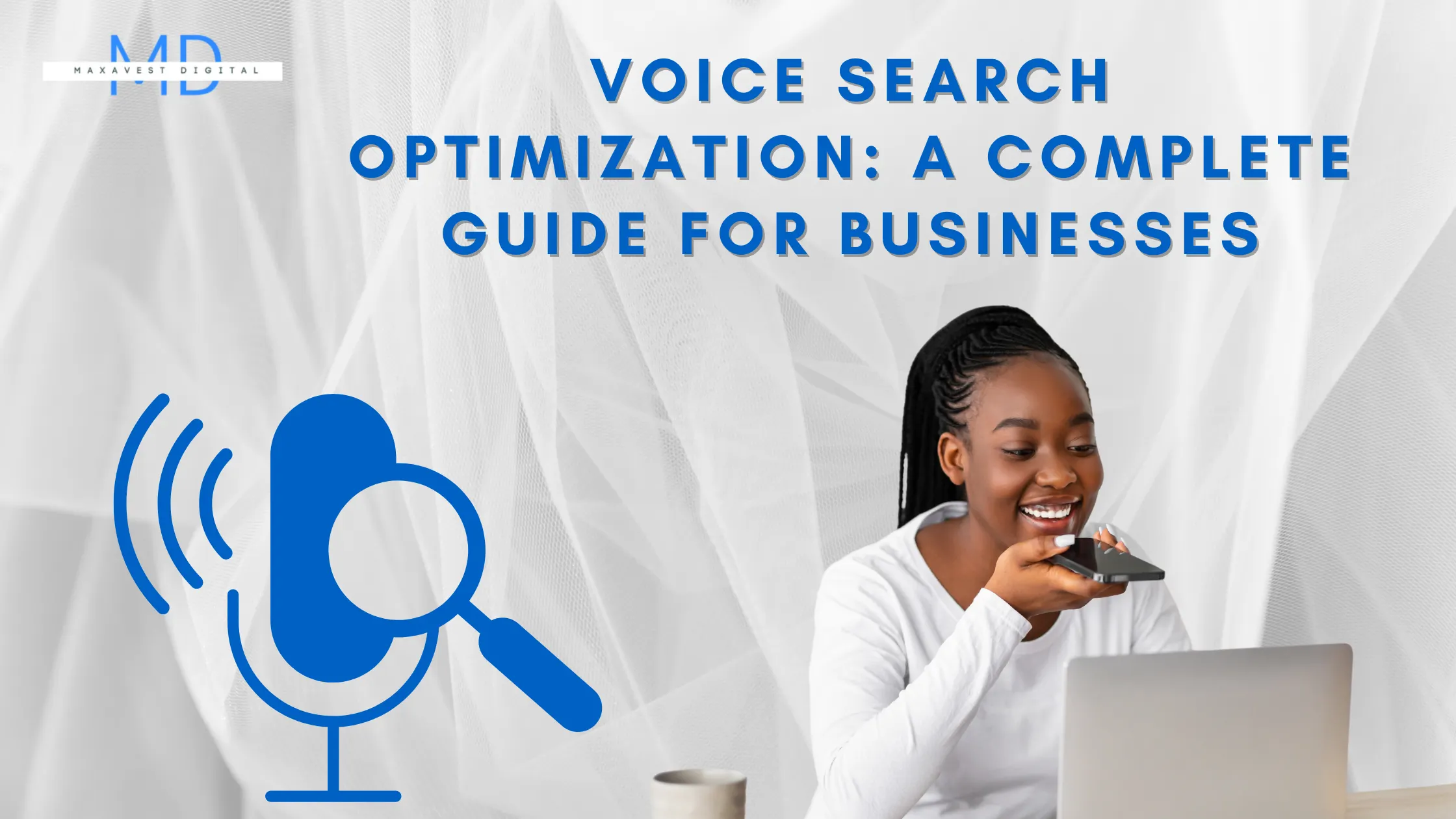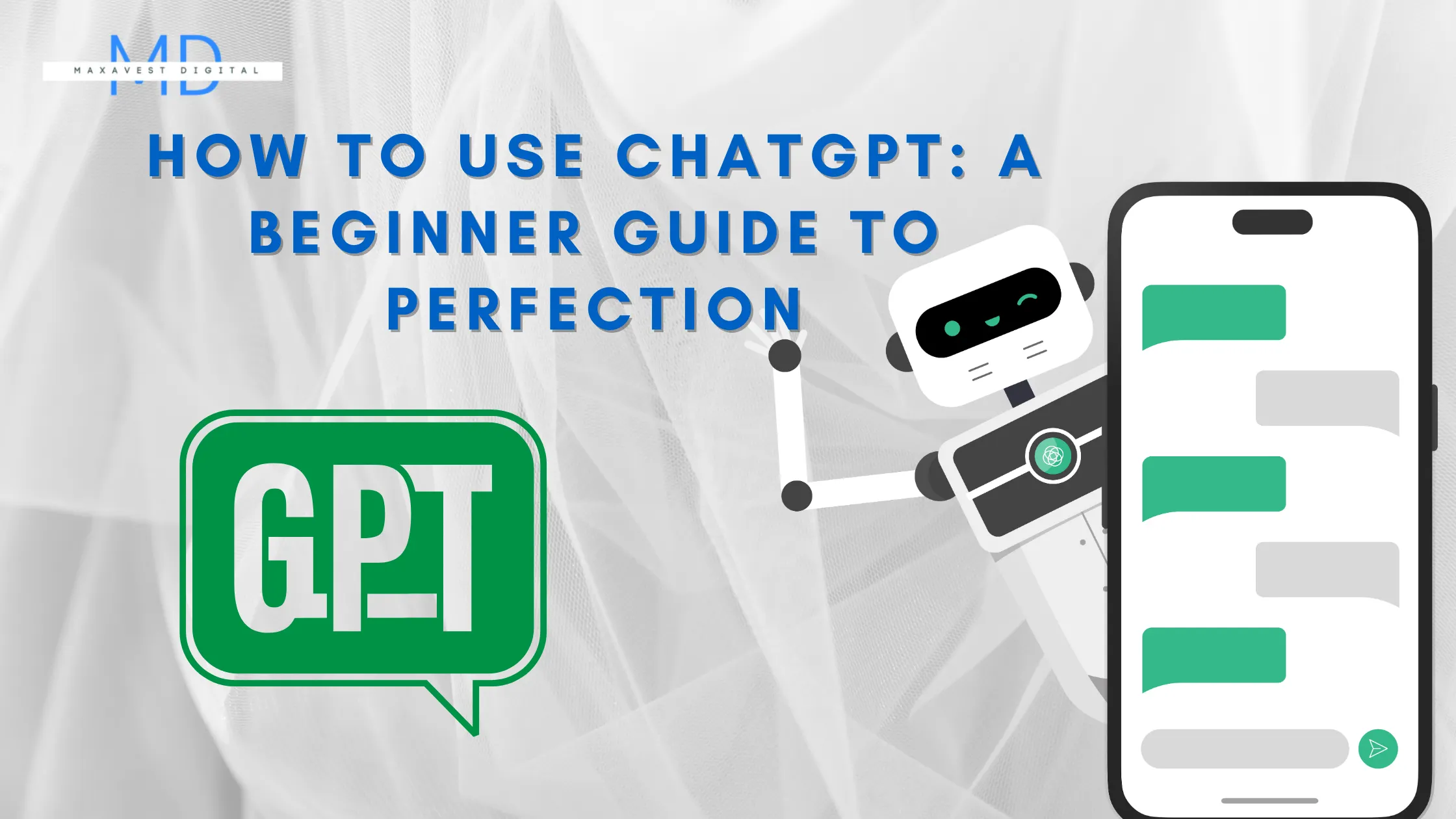How to Optimize Your Website for Local SEO in Nigeria
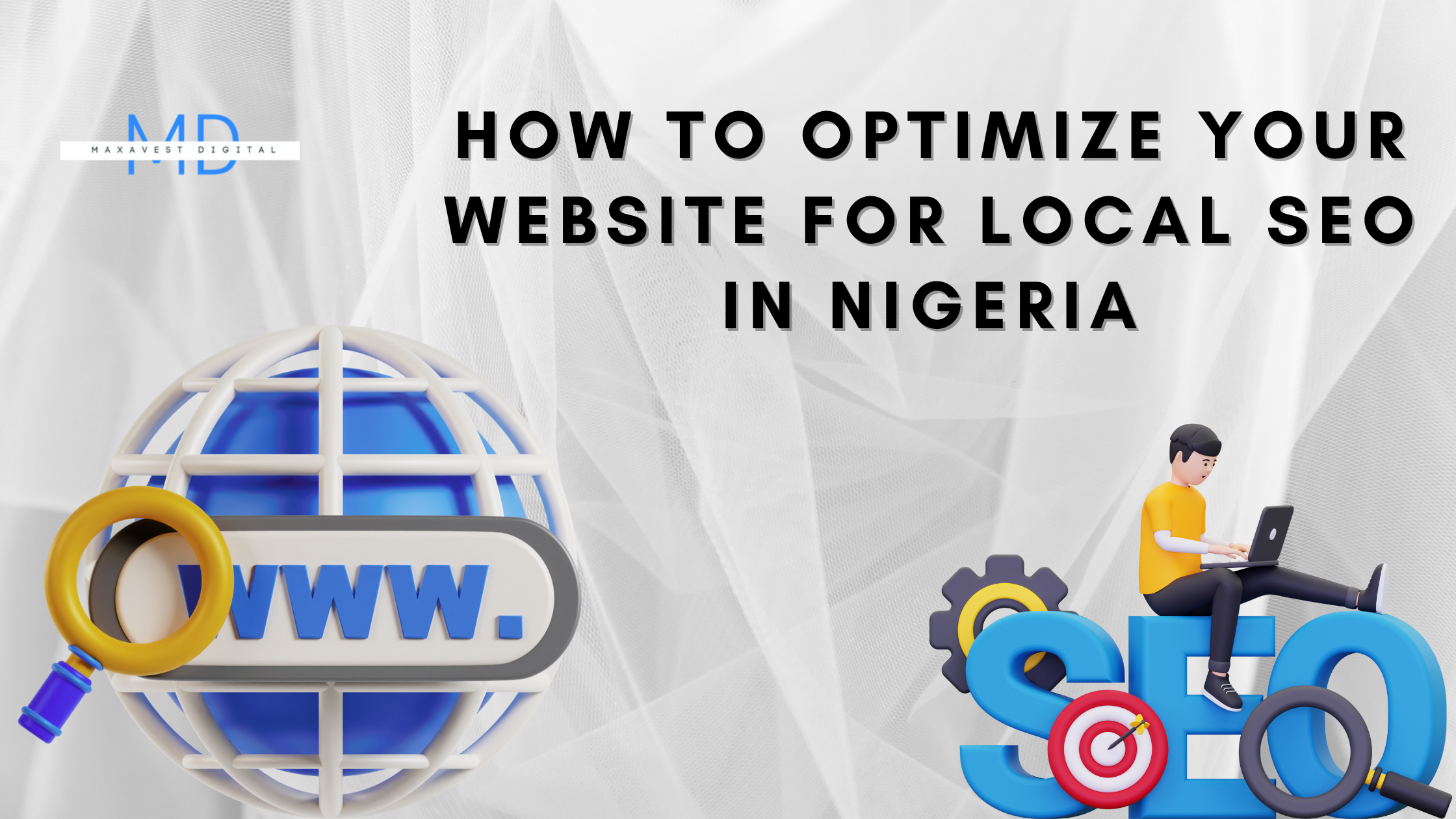
Gbenga Akinyemi
Local SEO (Search Engine Optimization) is a powerful tool for Nigerian businesses looking to stand out in an increasingly competitive digital landscape. By honing in on local SEO strategies, businesses can connect with nearby customers actively searching for products and services within their vicinity. This is especially crucial in Nigeria, where mobile usage and local searches are growing exponentially. Here’s a deep dive into how you can optimize your website for local SEO in Nigeria and dominate your local market.
Understanding Local SEO: Why It Matters for Nigerian Businesses
Local SEO focuses on making your business more visible in location-based searches. Imagine a potential customer in Lagos searching for a “bakery near me.” Without local SEO, even the best bakeries in Lagos might not show up. For Nigerian businesses, particularly those with a physical presence, local SEO ensures that your website ranks well when customers search for relevant services in your specific geographic area.
In Nigeria, where internet penetration is rapidly growing and mobile phones are the primary browsing tool, local SEO allows businesses to reach customers in their immediate vicinity more effectively. This proximity factor is a game-changer for businesses, particularly small and medium enterprises (SMEs) that rely on foot traffic or local clientele.
What Makes Local SEO Different from General SEO?
While general SEO focuses on optimizing a website for global or national search results, local SEO zeroes in on searches within a specific region or locality. For Nigerian businesses, this means showing up in the search results when someone nearby is looking for a service or product you offer.
The key difference lies in the intent and geographical scope. Local SEO involves optimizing for location-based keywords, such as “best tailor in Abuja” rather than just “best tailor.” Google and other search engines consider factors like proximity, relevance, and prominence when ranking businesses in local searches.
The Benefits of Local SEO for Small Businesses in Nigeria
For small businesses, local SEO offers a cost-effective way to compete with larger corporations. By targeting potential customers in your area, you can attract traffic that is more likely to convert into actual sales. Some of the key benefits include:
Increased visibility in local searches, helping your business stand out from competitors.
Improved traffic from users searching specifically for services you provide in your locality.
Higher conversion rates, as local customers are often more intent on purchasing.
Better brand awareness within your community, establishing trust and loyalty.
Identifying Your Local Audience: Targeting the Right Customers
To make local SEO effective, you need to clearly define who your local audience is. In Nigeria, audiences can vary dramatically based on location, language, and even cultural preferences. Start by analyzing the demographics of your existing customers: Where are they located? What are their needs?
Once you identify your target audience, tailor your SEO efforts accordingly. For instance, if you run a business in Lagos, your focus should be on the specific neighborhoods, languages spoken (such as Yoruba, Igbo, or Pidgin English), and even local search behaviors.
Keyword Research for Local SEO: Finding Location-Specific Keywords
Keyword research for local SEO goes beyond just finding popular search terms. It’s about identifying phrases that incorporate location and are relevant to your audience. Tools like Google Keyword Planner and Ubersuggest can help you find high-traffic keywords with local intent.
For example, instead of using broad keywords like “plumber,” opt for more specific terms like “reliable plumber in Lekki” or “emergency plumbing services in Abuja.” This helps you attract traffic from users who are actively searching for services in your specific area.
How to Use Google Trends for Local Keyword Insights
Google Trends is a valuable tool for tracking keyword performance over time and identifying location-specific search trends. By entering a keyword and narrowing the search to Nigeria, you can see how certain terms are trending in different regions of the country.
This tool also allows you to uncover seasonal patterns, which can help in crafting content and SEO strategies around peak periods. For instance, searches for “event planners in Lagos” might spike during festive seasons like Christmas or weddings, allowing you to capitalize on this demand.
On-Page SEO Techniques to Boost Local Visibility
On-page SEO refers to the changes and optimizations you make directly on your website. For local SEO, several on-page techniques can enhance your visibility:
Include location-specific keywords in your headings, meta descriptions, and content.
Ensure your business name, address, and phone number (NAP) are prominently displayed on every page.
Use schema markup to help search engines better understand your business details.
Create content that speaks directly to the needs of your local audience.
Optimizing Your Website’s Metadata for Local SEO in Nigeria
Your website’s metadata, including title tags and meta descriptions, plays a crucial role in local SEO. By adding location-specific terms in these elements, you signal to search engines that your business serves a particular area.
For instance, if you run a hotel in Port Harcourt, your title tag could read: “Best Hotel in Port Harcourt – Affordable Luxury.” The meta description should expand on this by incorporating phrases that reflect local intent, such as proximity to landmarks or city areas.
Crafting Locally Relevant Content: How to Engage Nigerian Audiences
Content is king, and for local SEO, crafting locally relevant content can significantly improve engagement and search rankings. Consider writing blog posts or creating landing pages that address local issues, events, or topics relevant to your target audience.
For example, a real estate agency in Abuja could write blog posts about the best neighborhoods to live in based on lifestyle preferences, or an auto repair shop in Lagos could provide tips on maintaining vehicles during Nigeria’s rainy season.
The Importance of Mobile Optimization for Local SEO Success
In Nigeria, mobile internet usage far surpasses desktop usage. Therefore, optimizing your website for mobile is essential for local SEO success. Mobile-friendly websites load quickly, are easy to navigate, and provide a better user experience.
Since many local searches are performed on mobile devices, ensuring your website is optimized for mobile users can significantly boost your visibility and rankings in local search results.
Building and Optimizing Your Google My Business Profile
One of the most effective local SEO strategies is setting up and optimizing your Google My Business (GMB) profile. This free tool allows you to manage how your business appears in Google search results, including Google Maps.
To make the most of GMB, ensure your profile is complete with up-to-date information, including your NAP (Name, Address, Phone Number), business hours, website, and photos. The more detailed and accurate your profile, the better chance you have of appearing in local searches.
How to Get Verified on Google My Business in Nigeria
Getting verified on Google My Business is a critical step for boosting your local SEO efforts. The verification process in Nigeria typically involves receiving a postcard from Google at your business address, which contains a code you will enter to confirm your listing.
Once verified, you can further optimize your GMB profile by adding photos, posts, and responding to reviews. This ensures your business appears trustworthy and legitimate to potential customers.
How to create Google my business profile
Creating a Google My Business (GMB) profile is an essential step for improving your local SEO and making your business more discoverable to local customers. Below is a detailed step-by-step guide on how to create your Google My Business profile:
Step 1: Sign In to Your Google Account
1. Go to Google My Business Website: Start by going to the Google My Business website.
2. Sign in with your Google Account: If you already have a Google account (Gmail), use it to sign in. If you don’t have one, you’ll need to create a Google account first by visiting Google Account Creation.
Step 2: Add Your Business Name
1. Click on “Manage now”: Once you’re signed in, click the “Manage now” button on the GMB homepage.
2. Enter your Business Name: Google will ask you to type in the name of your business. Make sure to enter your business name exactly as it appears across all platforms (for consistency). If your business name is similar to another business, Google might suggest existing businesses, but if you’re starting fresh, continue to add your business as new.
Step 3: Choose Your Business Category
1. Choose a Business Category: Google will prompt you to select a category that best describes your business. It’s important to select the most accurate category because this will determine the type of searches your business shows up for.
For example, if you run a restaurant, you would choose "Restaurant." Choose a primary category that reflects your main offering.
Step 4: Add Your Business Location
1. Do You Want to Add a Location? Google will ask whether you want your business location to show on Google Maps. If you have a physical storefront or office where customers visit, choose "Yes" and enter your address.
2. Enter Your Business Address: Enter the exact physical address of your business. This address will show on Google Maps and search results.
If your business operates in multiple locations, you can add them later.
If you run an online business or provide services to customers at their locations (without a physical storefront), choose "No" and proceed to the next step.
Step 5: Specify Your Service Areas
1. Do You Serve Customers Outside of This Location? If you provide services to customers in a specific area (such as delivery or house visits), you can specify your service areas by listing cities, towns, or regions.
This is especially useful for businesses like delivery services, plumbers, or home maintenance providers who don’t operate from a physical storefront but serve a wide area.
Step 6: Add Your Contact Details
1. Enter Your Business Phone Number and Website URL: Google will now ask for your business contact details. Provide your main business phone number where customers can reach you.
2. Add Website URL (Optional): If you have a business website, enter its URL. If you don’t have one, you can skip this step or choose the option to create a free website through Google based on your GMB profile.
Step 7: Complete Your Business Hours
1. Set Business Hours: Google will prompt you to set your business hours. This is critical information because customers rely on it to know when you’re open. Choose your business hours carefully and make sure they are accurate.
You can also specify special hours for holidays or closures.
Step 8: Add Additional Business Details (Optional)
1. Add Business Attributes: You can provide additional information about your business, such as whether it is women-owned, accessible to people with disabilities, or offers amenities like free Wi-Fi.
2. Add a Business Description: Write a clear and concise description of your business, including what services or products you offer, your mission, and what makes your business unique.
3. Upload Photos of Your Business: Adding high-quality images of your business, products, or services helps make your profile more appealing. Include pictures of the interior, exterior, staff, or products.
Step 9: Verify Your Business
1. Verification Process: To confirm your business’s legitimacy, Google requires you to verify your business. Usually, Google sends a postcard with a verification code to the physical address you provided.
2. Postcard Verification: Once you receive the postcard (typically within 5-14 days), log in to your GMB account, enter the code from the postcard, and complete the verification process.
In some cases, Google may offer other verification methods such as by phone, email, or instant verification (if your website is already verified with Google Search Console).
Step 10: Optimize and Manage Your GMB Profile
Once your business is verified, it’s time to fully optimize your GMB profile:
1. Regular Updates: Keep your business information up to date. If your hours change, you move to a new location, or you add new services, update your profile accordingly.
2. Post Updates and Offers: Use the “Posts” feature to share news, offers, events, and updates with your customers. This can improve engagement and visibility.
3. Encourage Customer Reviews: Ask satisfied customers to leave reviews. Customer reviews improve your ranking in local searches and enhance your credibility.
4. Respond to Reviews: Engage with your customers by responding to reviews—whether positive or negative. This shows potential customers that you care about feedback.
Your Google My Business profile is now set up! By following these steps, you’ve created an essential online presence that will help your business appear in local search results and on Google Maps. Keep your profile updated, engage with customers, and take full advantage of the tools Google My Business offers to boost your visibility and attract more customers.
Leveraging Online Directories and Citations for Local SEO
Online directories and citations are mentions of your business on other websites, often including your NAP. Submitting your business information to reputable Nigerian directories, such as VConnect or Finelib, can enhance your local SEO presence.
These citations help search engines verify your business information, boosting your credibility and helping your website rank higher in local searches.
NAP Consistency: Why Name, Address, and Phone Number Matter
Consistency is key in local SEO, and ensuring that your NAP information is uniform across all platforms is crucial. Inconsistent NAP information can confuse search engines and potential customers, leading to lower rankings.
Make sure your business details are consistent on your website, Google My Business profile, social media platforms, and other online directories.
Creating Location-Based Landing Pages for Better Local Reach
Creating location-based landing pages allows you to target specific areas more effectively. If your business serves multiple locations, having dedicated landing pages for each area can improve your visibility in local searches.
For example, if you own a chain of restaurants across Nigeria, create separate landing pages for each city, such as “Best Restaurant in Abuja” or “Top Dining Spot in Ibadan,” and optimize each page with relevant keywords.
How to Use Customer Reviews to Improve Local SEO Rankings
Customer reviews are not only vital for building trust but also play a role in improving your local SEO rankings. Encourage satisfied customers to leave reviews on your Google My Business profile and other review platforms.
Positive reviews signal to search engines that your business is reputable, increasing the likelihood of your website ranking higher in local searches.
Local Link Building Strategies to Boost Authority
Local link building involves acquiring backlinks from local websites, businesses, and influencers. Partner with other local businesses, sponsor events, or contribute guest posts to local blogs to build quality backlinks.
These links not only drive traffic to your website but also signal to search engines that your business is credible within your local community.
Harnessing Social Media for Local SEO Success in Nigeria
Social media can be a powerful tool for boosting local SEO. By engaging with local customers on platforms like Instagram, Facebook, and Twitter, you can increase your brand’s visibility and drive more traffic to your website.
Share locally relevant content, use geotags, and interact with local influencers to amplify your presence within your target area.
The Role of Schema Markup in Local SEO: Boosting Click-Through Rates
Schema markup is a type of code that helps search engines better understand the content on your website. By adding local business schema, you can enhance how your business appears in search results, leading to higher click-through rates (CTR).
For example, implementing schema markup can display your business’s address, phone number, and reviews directly in the search results, increasing the chances that potential customers will click on your listing.
Tracking and Measuring Your Local SEO Performance
Monitoring the performance of your local SEO efforts is essential to long-term success. Use tools like Google Analytics and Google Search Console to track key metrics, such as website traffic, search rankings, and conversions. By understanding which strategies are working and which need improvement, you can continually refine your local SEO approach for better results.
Common Local SEO Mistakes to Avoid
Even the best-intentioned local SEO strategies can go awry if certain mistakes are made. Common pitfalls include ignoring mobile optimization, having inconsistent NAP details, neglecting Google My Business updates, and failing to engage with customer reviews. Another frequent error is keyword stuffing—overloading your content with location-based keywords in a way that feels unnatural. This can harm your ranking rather than help it. Instead, focus on creating quality, locally relevant content that offers value to your audience while maintaining a natural flow of keywords. Avoid these mistakes, and you’ll be on a smoother path to local SEO success.
Staying Ahead of the Competition: Trends in Local SEO for Nigerian Businesses
Local SEO is constantly evolving, and staying ahead of the competition means keeping up with the latest trends. In Nigeria, voice search is on the rise as more people use mobile devices to conduct quick, spoken queries. Optimizing for voice search by using conversational keywords and natural language can give you an edge. Additionally, as e-commerce grows, integrating local SEO with an omnichannel strategy that combines online and offline marketing will help future-proof your business.
Hyperlocal SEO, focusing on very specific locations or neighborhoods, is another trend gaining traction. Instead of targeting entire cities, businesses are now zeroing in on smaller communities within those cities. For example, rather than just targeting “Lagos,” you could target “Lekki Phase 1” or “Surulere.”
Finally, keep an eye on AI-driven tools and Google algorithm updates. As search engines get smarter, they increasingly prioritize user intent and context, meaning your local SEO strategies will need to adapt to ensure you remain visible in searches.
Conclusion
Optimizing your website for local SEO in Nigeria is more than just a technical endeavour; it’s a vital part of reaching and engaging with the right customers. By understanding your audience, leveraging local keywords, building a robust Google My Business profile, and creating locally relevant content, your business can dominate local search results. Keep up with evolving trends and continue to fine-tune your strategy to stay ahead in the competitive Nigerian market. Local SEO may require ongoing effort, but the long-term rewards are well worth it—bringing increased visibility, credibility, and ultimately, more business your way.


